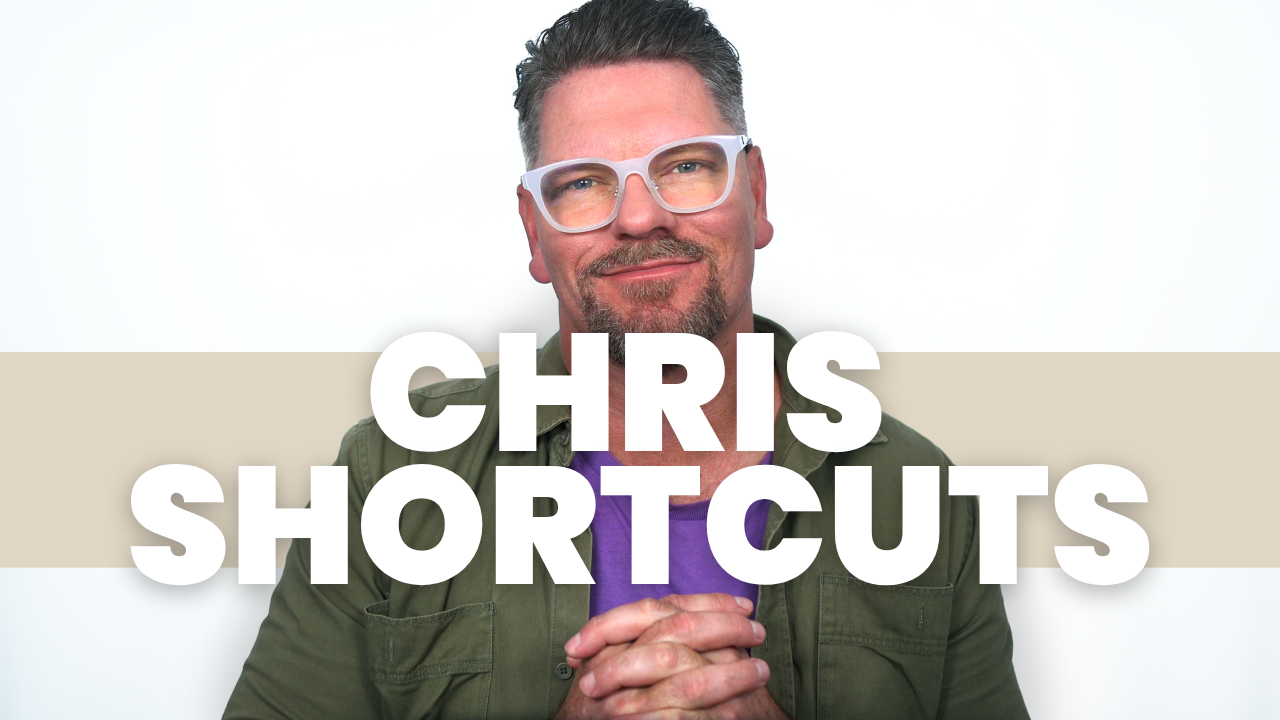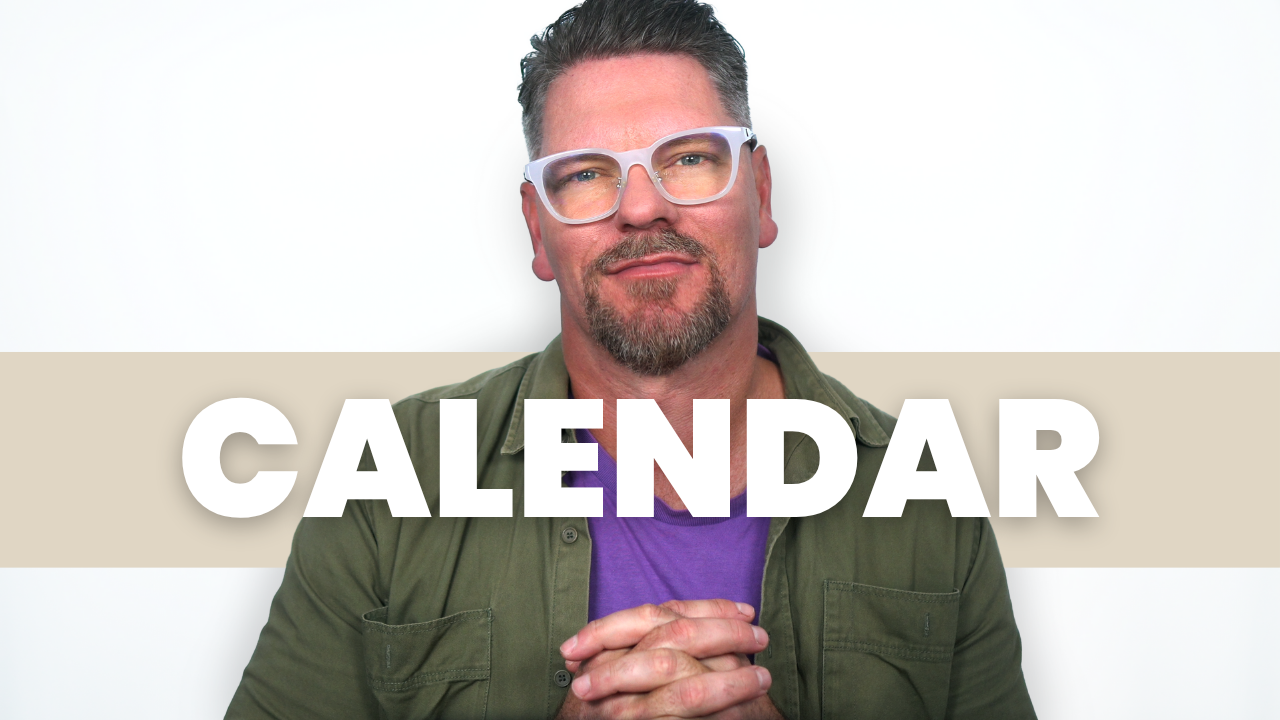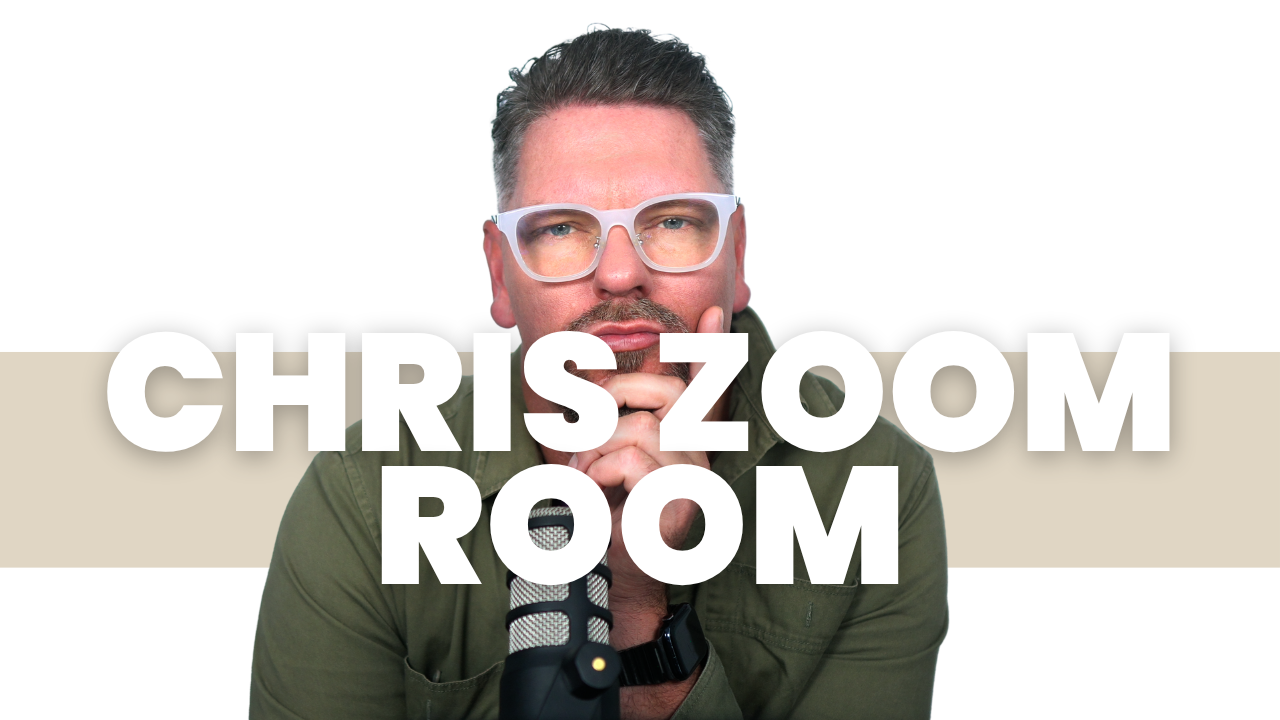The Unconscious Mind: Unlocking the Hidden Patterns That Control Your Mental Health
Sep 11, 2025
There's a part of your mind that's running the show behind the scenes, making decisions about your mental health that you're not even aware of. It's called your unconscious mind, and it holds the key to understanding why some people seem to effortlessly maintain emotional balance while others struggle with recurring patterns of anxiety, depression, and overwhelm - no matter how much therapy, medication, or self-help they try.
As Mental Health Month in October draws closer, I want to share with you the most profound discovery I've made in my journey from chronic burnout to vibrant wellness: your unconscious beliefs are either your greatest ally or your biggest obstacle in mental health recovery. And the beautiful news is that once you understand how to work with your unconscious mind, lasting transformation becomes not just possible, but inevitable.
The Day I Met My Unconscious Mind
I'll never forget the moment I realised that my conscious efforts to heal weren't matching my unconscious programming. I was sitting in a coaching session, having spent years doing everything "right" - eating perfectly, exercising regularly, taking supplements, practising meditation, doing breathwork. Yet I still felt anxious, exhausted, and emotionally volatile.
That's when my coach asked me a question that changed everything: "Filly, you've identified you're running over-doing, perfectionism patterns, and they are causing chaos in your mind, body and your life. What do you believe about yourself, deep down, that's causing you to run these patterns on overdrive?"
I couldn't answer that question immediately. But after a few more weeks of digging to the root, I realised I had a deep fear about myself, that I was weak and incapable, and it was buried deep in my unconscious. My over-doing patterns were trying to hide my fear from others.
In that moment, I realised that my deeper unconscious beliefs had been sabotaging every healing effort. I had been trying really hard, "perfectly" in fact, to get well, but I was burning myself trying to be well because the energy in which I was doing came from a place of fear. Like I had to "fix" myself as soon as possible, before people figured out how weak and incapable I really was.
This revelation led me to understand that true mental health healing requires addressing not just the conscious mind (thoughts and behaviours) but also the unconscious programming that's been running the show since childhood.
Understanding Your Unconscious Operating System
Your unconscious mind is like the operating system of a computer - it's running constantly in the background, making millions of decisions and interpretations without your conscious awareness. It was primarily programmed during your first seven years of life, when your brain was in a highly suggestible state, absorbing beliefs about yourself, others, and the world.
Here's what makes this so powerful for mental health: your unconscious mind doesn't distinguish between what's helpful and what's harmful - it simply runs the programs it learned early in life, even if those programs are now creating anxiety, depression, or emotional overwhelm.
Through our work at Chris and Filly Functional Medicine, I've discovered that most mental health struggles are actually the unconscious mind's attempt to keep you safe according to outdated programming. Your anxiety might be trying to protect you from rejection. Your depression might be preventing you from taking risks that your unconscious mind perceives as dangerous. Your emotional overwhelm might be your system's way of avoiding situations that triggered trauma in the past.
The Five Most Common Unconscious Mental Health Saboteurs
Through years of clinical experience, I've identified five unconscious patterns that most commonly underlie mental health struggles:
The Perfectionist Program "I'm only worthy of love if I'm perfect." This creates chronic anxiety as your unconscious mind constantly scans for potential failures or imperfections that could lead to rejection.
The Martyr Program "Good people sacrifice themselves for others." This leads to chronic overwhelm and resentment as your unconscious mind prevents you from prioritising your own needs.
The Hypervigilance Program "The world is dangerous and I must always be on guard." This keeps your nervous system in chronic fight-or-flight mode, manifesting as anxiety, insomnia, and emotional reactivity.
The Unworthiness Program "I don't deserve good things." This creates self-sabotage patterns where your unconscious mind destroys opportunities for happiness, success, or wellness because they don't align with your core identity.
The Emotional Shutdown Program "Emotions are dangerous and should be avoided." This creates disconnection, numbness, and often manifests as depression or emotional volatility when feelings can no longer be suppressed.
Lisa's Transformation: When Unconscious Healing Changes Everything
Let me share Lisa's story because it perfectly illustrates the power of unconscious healing. Lisa came to us after years of treatment-resistant depression and anxiety. She'd tried multiple therapists, various medications, and every wellness strategy she could find, but nothing created lasting change.
During our work together, we discovered that Lisa had an unconscious belief that "happiness is selfish and means something bad will happen." This belief had formed after a traumatic event in childhood that occurred during a particularly joyful time in her family's life.
Lisa's unconscious mind had made the connection that happiness equals danger, so it kept creating depression and anxiety to keep her "safe." No amount of conscious positive thinking or behavioural changes could override this deep programming.
Through specific techniques designed to reprogram unconscious beliefs, Lisa was able to create new neural pathways around safety and joy. The transformation was remarkable - not only did her depression and anxiety resolve, but she developed a capacity for happiness and resilience that she'd never experienced before.
The Science Behind Unconscious Reprogramming
The beautiful news is that your brain remains neuroplastic throughout your entire life, meaning you can literally rewire your unconscious programming. This happens through a process called memory reconsolidation, where old neural pathways are updated with new information.
The key is accessing the unconscious mind in a state where it's open to new programming. This typically happens when you're in a relaxed, meditative state similar to the brain waves you experienced as a child when these patterns were first formed.
At Chris and Filly Functional Medicine, we use a combination of techniques including dynamic reimagining, embodied declarations, guided visualisation, somatic experiencing, breathwork, and specific reprogramming protocols to help people access and update their unconscious beliefs.
The Four Stages of Unconscious Healing
Through years of facilitating unconscious healing, I've identified four key stages in this process:
Awareness The first step is becoming conscious of unconscious patterns. This often happens through noticing recurring themes in your life, relationships, or mental health struggles.
Identification Once you're aware that unconscious programming might be involved, the next step is identifying the specific beliefs and patterns that are running your mental health.
Reprogramming This involves accessing the unconscious mind in a receptive state and installing new, supportive beliefs that align with your conscious goals for mental wellness.
Integration The final stage involves reinforcing new neural pathways through conscious choices and behaviours that support your new unconscious programming.
The Ripple Effect of Unconscious Transformation
Here's what I've witnessed over and over again: when people heal their unconscious patterns, it creates transformation that goes far beyond mental health symptoms. They become more authentic, more creative, more resilient, and more capable of genuine intimacy and connection.
Their relationships improve because they're no longer unconsciously recreating childhood dynamics. Their work becomes more fulfilling because they're operating from their authentic self rather than unconscious programming. Their parenting transforms because they're not unconsciously passing down limiting beliefs to their children.
This is why unconscious healing is so revolutionary - it doesn't just manage symptoms, it transforms your entire identity and way of being in the world.
Practical Steps for Unconscious Exploration
Here are some powerful ways to begin exploring your unconscious patterns:
Pattern Recognition Notice recurring themes in your mental health struggles. Do you always get anxious in certain situations? Does depression show up at predictable times? These patterns often point to unconscious programming.
Childhood Belief Exploration Ask yourself: "What did I learn about emotions, safety, worthiness, and love in my early years?" These early lessons often become unconscious beliefs that drive adult mental health patterns.
Body Wisdom Your body holds unconscious memories and beliefs. Notice where you feel tension, pain, or discomfort when experiencing mental health symptoms. Your body is often trying to communicate unconscious patterns.
Dream and Symbol Work Your unconscious mind communicates through symbols, metaphors, and dreams. Paying attention to these can provide valuable insights into hidden patterns.
Your Invitation to Unconscious Healing
As Mental Health Month in October draws near, I want to invite you to consider the possibility that your mental health struggles might not be random or permanent. What if they're actually your unconscious mind's intelligent attempt to keep you safe according to outdated programming?
What if healing isn't just about managing symptoms or changing conscious thoughts, but about updating the deep programming that's been running your mental health behind the scenes?
What if the key to lasting transformation lies not in your conscious efforts alone, but in partnering with your unconscious mind to create new patterns that support your highest wellbeing?
If this resonates with you, know that unconscious healing is both possible and accessible. Whether through our comprehensive Ending Body Burnout Method or by inviting me to share these insights as your speaker at your next mental health event, I'm here to support you in discovering what true mental wellness looks like when it's aligned at every level of your being.
Because you deserve more than symptom management. You deserve to feel genuinely happy, peaceful, and resilient. You deserve to experience the full spectrum of human emotion without being overwhelmed by unconscious patterns from the past. And most importantly, you deserve to live from your authentic self rather than outdated programming that no longer serves you.
Here's to your unconscious wisdom, your mental wellness, and your courage to explore the deepest levels of healing and transformation.
Filipa Bellette is Co-Founder of multi award-winning health practice Chris & Filly Functional Medicine. She is an accredited Clinical Nutritionist, Functional Medicine Practitioner, Coach & Trauma Therapist. She is also a PhD Scholar, author & regularly featured in the media, such as nine.com.au, Forbes and Body+Soul.
Together with her husband Chris Bellette, Filipa has worked with over 2,000+ burned-out clients in the past combined 25+ years. Their practice is best known for ending body burnout (for good!) in “busy” people with energy, mood & gut issues. They were recently awarded as the Tasmanian State Winner & National Finalist for the Telstra Best of Business Awards 2022, as well as Winner for the Australian Women’s Small Business Champion Awards 2022.
Filipa’s own passion for helping “busy” people have more energy, productivity and connection, came from her own personal experience of body burnout, after juggling the demands of business, family, and her failing health.
Stay connected with news and updates!
Join our mailing list to receive the latest news and updates from our team.
Don't worry, your information will not be shared.
We hate SPAM. We will never sell your information, for any reason.



